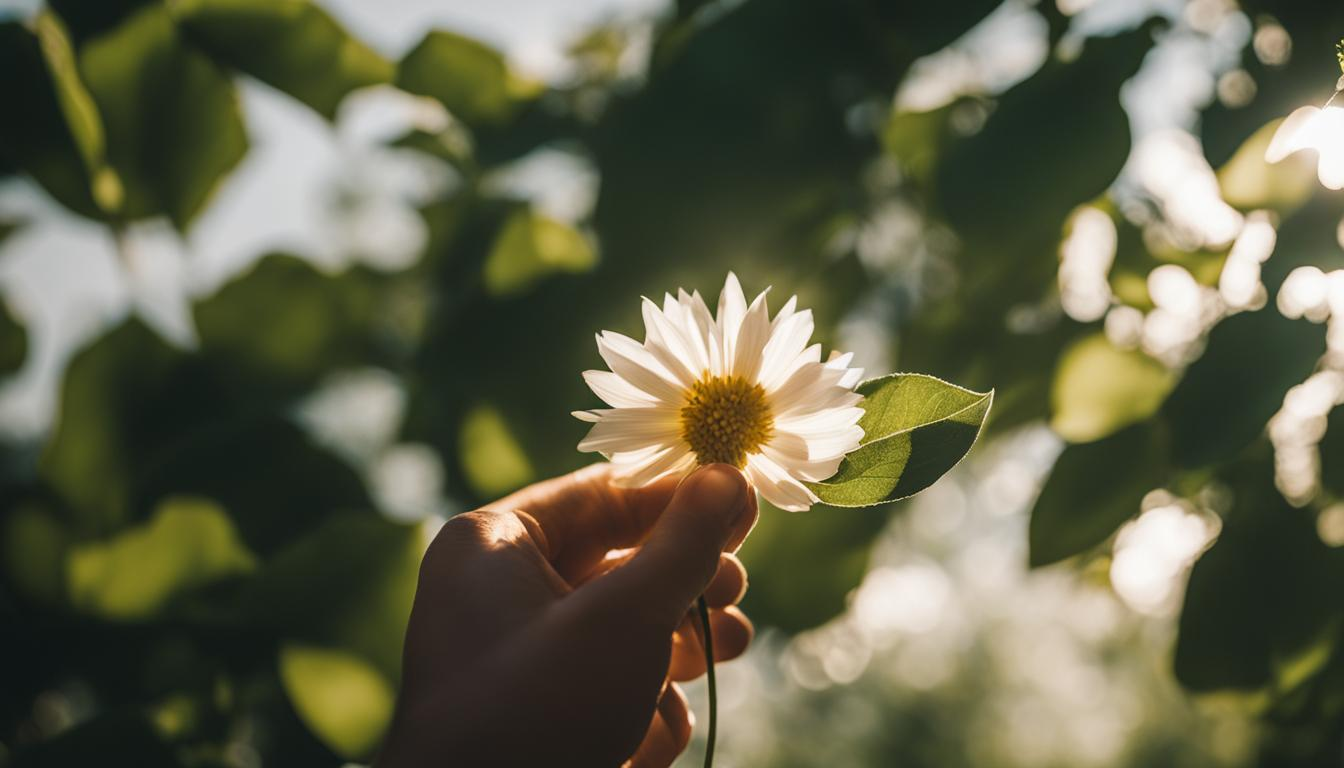In the hustle and bustle of our daily lives, it’s easy to lose sight of the things that truly matter. We often find ourselves chasing after bigger and better things, constantly seeking more without appreciating what we already have. This article explores the importance of loving what you have before life teaches you to do so the hard way. Let’s delve into this profound topic and discover how gratitude and contentment can lead to a happier and more fulfilling life.
The Pursuit of More
In today’s fast-paced world, we are bombarded with messages that encourage us to strive for more. Whether it’s a bigger house, a fancier car, a higher-paying job, or the latest gadgets, society often measures success and happiness by material possessions. While there’s nothing wrong with setting goals and working towards a better future, it becomes problematic when the pursuit of more overshadows our ability to appreciate the present moment.
The Illusion of Happiness
Many people fall into the trap of believing that acquiring more possessions or achieving greater success will bring them happiness. However, this pursuit can become an endless cycle. Each new achievement or acquisition may provide a temporary sense of joy, but it often fades quickly, leaving us yearning for the next big thing. This perpetual cycle can leave us feeling unfulfilled and disconnected from our true selves.
Gratitude: The Key to Contentment
Gratitude is a powerful tool that can shift our perspective and help us appreciate what we have. It involves recognizing and acknowledging the blessings in our lives, both big and small. When we practice gratitude, we shift our focus from what we lack to what we possess. This shift in perspective can have a profound impact on our overall well-being.
The Benefits of Gratitude
- Improved Mental Health: Studies have shown that practicing gratitude can reduce symptoms of depression and anxiety. When we focus on the positive aspects of our lives, we are less likely to dwell on negative thoughts and emotions.
- Enhanced Relationships: Expressing gratitude towards others can strengthen our relationships. It fosters a sense of connection and appreciation, leading to healthier and more fulfilling interactions with loved ones.
- Increased Resilience: Gratitude can help us cope with adversity. When we face challenges, acknowledging the things we are grateful for can provide us with the strength and resilience to overcome obstacles.
- Greater Satisfaction: People who regularly practice gratitude report higher levels of life satisfaction. They are more content with their current circumstances and have a more positive outlook on the future.
Learning from Regret
Regret often serves as a harsh teacher, reminding us of the opportunities we missed to appreciate what we had. It’s not until we lose something or someone that we truly understand its value. Whether it’s the time we spent with loved ones, the simple pleasures of life, or the opportunities we let slip away, regret can be a powerful motivator to cherish the present moment.
Embracing Impermanence
Life is constantly changing, and nothing is permanent. This impermanence is a fundamental aspect of the human experience. When we acknowledge the transitory nature of life, we are better equipped to appreciate the beauty and fragility of each moment. It’s a reminder that we should Love What You Have, Before Life Teaches You to Love – Tymoff.
Practical Steps to Cultivate Gratitude
- Keep a Gratitude Journal: Take a few minutes each day to write down things you are grateful for. This practice can help you focus on the positive aspects of your life.
- Express Your Appreciation: Don’t hesitate to tell the people you care about how much you appreciate them. A heartfelt thank-you can go a long way in strengthening relationships.
- Practice Mindfulness: Mindfulness meditation can help you stay present and fully engage with the current moment, fostering a sense of gratitude for the here and now.
- Reflect on Your Past: Think about moments in your past when you took things for granted and how you felt when you lost them. Use these reflections as motivation to appreciate what you have today.
- Limit Comparisons: Avoid constantly comparing yourself to others, as this can lead to feelings of inadequacy and discontent. Instead, focus on your own journey and progress.
Conclusion
In a world that constantly urges us to want more, it’s essential to remember the wisdom in loving what we have. Gratitude is a powerful tool that can help us find contentment and happiness in the present moment. Rather than waiting for life to teach us the importance of appreciating what we have, let’s proactively cultivate gratitude and embrace the beauty of the here and now. By doing so, we can lead more fulfilling and meaningful lives, cherishing every precious moment along the way.
For More relevant Exciting article please visit Mbx Magazine

